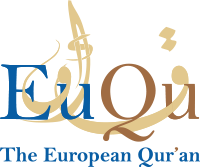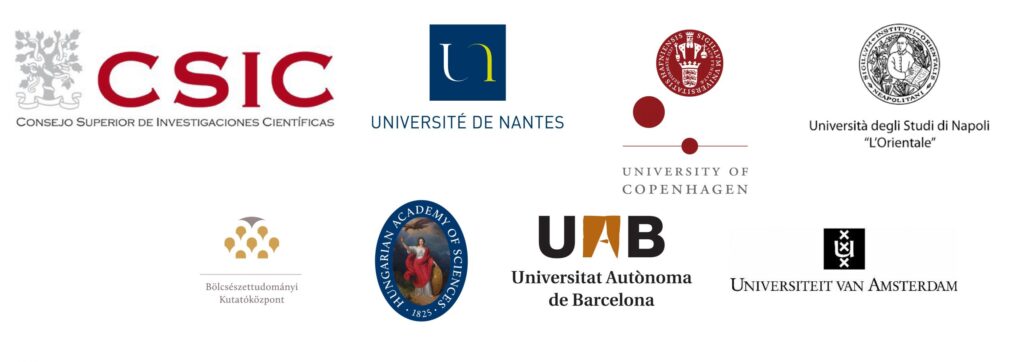Biography
Davide Scotto works as a postdoctoral researcher at the University of Naples L’Orientale. He specializes in the study of intellectual Christian interactions with Judaism and Islam in premodern Europe and the Mediterranean. He has studied Church history in Turin (BA), medieval history in Pavia (MA), and philology in Florence (PhD). Between 2013 and 2021, he has worked as a researcher and lecturer at the Center for Islamic Theology and the Protestant Faculty of Theology of the University of Tübingen, the Department of History of the University of Basel, and the Department of History of the Goethe University Frankfurt. Concurrently, he has participated in the ERC Advanced Grant Project Conversion, Overlapping Religiosities, Polemics and Interaction. Early Modern Iberia and Beyond at the CSIC, Madrid, and has been a visiting lecturer at the Department for the Study of Religions of the Masaryk University, Brno. He lectures in the history of the Abrahamic religions at the University of Pavia and is an editorial assistant of the Rivista di Storia e Letteratura Religiosa. In 2019, he was among the co-founders of the Centro di Studi Interreligiosi, Almo Collegio Borromeo, Pavia.
Research project
The aim of the project is to trace the early development of the theological Christian debate on the Qur’ān by comparing a variety of Latin sources produced from the twelfth to the fifteenth century in an area ranging from the Iberian Peninsula to Southern Germany, and from Rome to the Near East. The project aims to overcome the static historiographic concept of polemics showing how it is extensively indebted with a binary opposition between Christianity and Islam that stems from twentieth-century perspectives. Under the assumption that medieval scholars instead looked at the Qur'ān from a tripartite perspective which embraced both Judaism and Islam, the project will discuss the ways in which Christians understood the Qur'ān through the lens of the Bible and pondered over the figure of Abraham as a point of departure, conciliation, or contention between faiths and scriptures.





